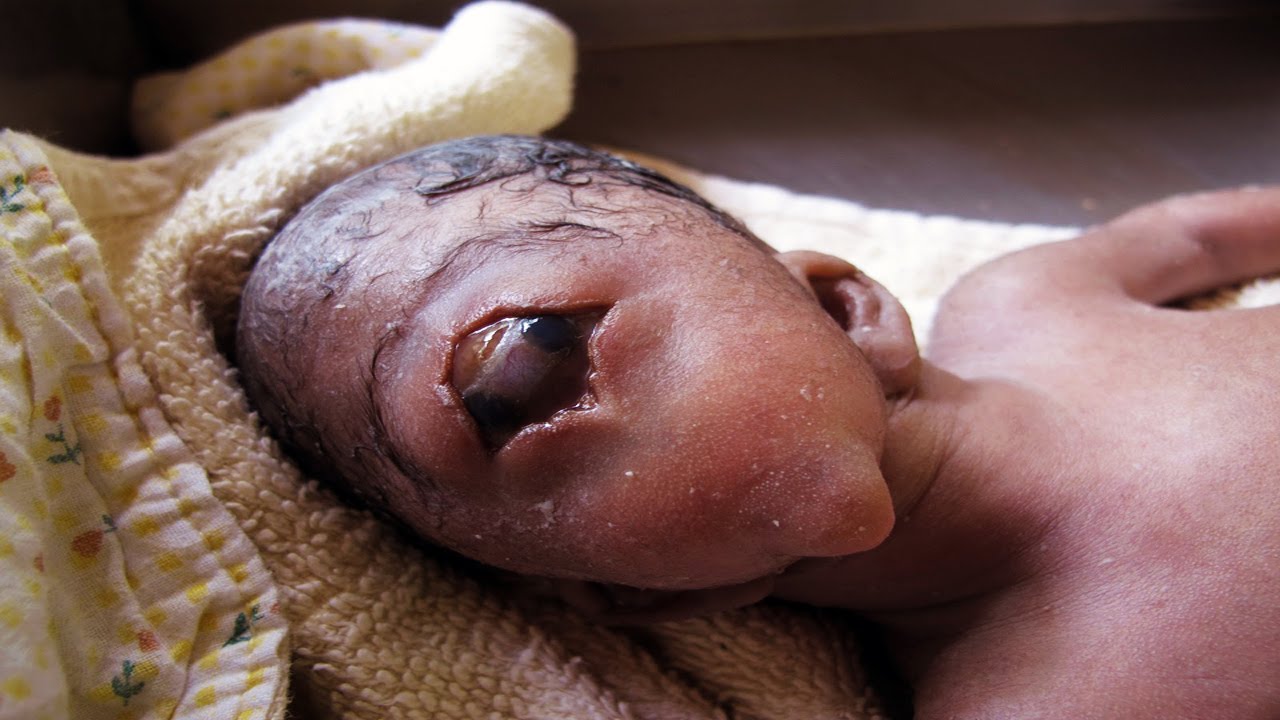When Graham Greene passed away at 73 in September 2025, the entertainment world lost more than just a talented actor – it lost a cultural bridge-builder whose work fundamentally changed how Indigenous people are portrayed in mainstream cinema. His death has sparked renewed interest in his most career-defining role as Kicking Bird in Kevin Costner’s Dances with Wolves, but what many don’t know are the profound reflections Greene shared about this film throughout his career, and how those words take on new meaning in light of his passing.
▬Contents of this video▬
00:00 – Intro
01:04 – The Unexpected Journey to Kicking Bird
02:48 – Mastering the Lakota Language: A Personal Challenge
05:17 – Reflections on the Film’s Cultural Impact
07:04 – Behind the Scenes: Memories of Kevin Costner and the Production
08:16 – Legacy and Final Reflections
09:24 – Outro
Like this content? Subscribe here: https://www.youtube.com/factsverse?sub_confirmation=1
Or, watch more videos here: https://www.youtube.com/playlist?list=PLkXAntdjbcSJlJnpP4FgdU0swKbnkNgJj
Become a Facts Verse member and get access to all videos that contain mature content. Use the link below to get access to even more videos, ad-free.
https://www.youtube.com/channel/UCXZpQgX1897wYDLtvzmgyIA/join\
This isn’t just another celebrity obituary or film retrospective. This is the story of an accidental actor who stumbled into Hollywood from a background as a carpenter, welder, and roadie, only to become the voice of authentic Indigenous representation in one of cinema’s most important films.
But perhaps most compelling are Greene’s own words about the experience, captured in interviews spanning over three decades. From his 1990 promotional appearances where he expressed amazement at being part of something so groundbreaking, to his later reflections on the film’s cultural impact, Greene’s evolving perspective offers unique insight into both the movie’s creation and its lasting significance. His observations about “people just meeting people” and stripping away cultural barriers to find common humanity reveal an artist who understood that Dances with Wolves succeeded not because it was politically correct, but because it was fundamentally human.
This exploration of Greene’s legacy reveals not just what he said about Dances with Wolves, but what his words tell us about the evolution of Indigenous cinema, the power of authentic storytelling, and the enduring impact of an artist who never sought the spotlight but whose presence commanded every scene he entered.
What Graham Greene Said About Dances With Wolves Before He Died


